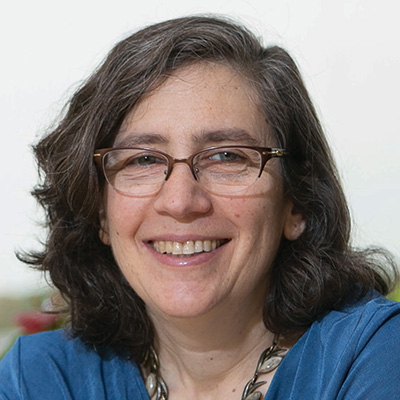National Academy elects Pfeffer and Schiffer


The National Academy of Sciences recently elected 144 new members, including two American Society for Biochemistry and Molecular Biology members, Suzanne Pfeffer and Celia Schiffer. These scientists are being recognized for their distinguished and continuing achievements in original research.
Pfeffer is a professor of biochemistry at Stanford University School of Medicine. Her research focuses on understanding the molecular basis of inherited Parkinson's disease, with a specific interest in LRRK2 kinase mutations and the Rab GTPases. The Pfeffer lab is also interested in cholesterol transport and how mutations in this pathway can lead to Niemann–Pick disease. Pfeffer is a past president of ASBMB. She is a fellow of the American Association for the Advancement of Science, the American Academy of Arts and Sciences and the American Society for Cell Biology.
Schiffer is a professor and the chair of biochemistry and molecular biotechnology and the director of the institute for drug resistance at the University of Massachusetts Chan Medical School. Her research focuses on the molecular basis of drug resistance, studying how mutations in drug target enzymes allow them to continue to process their substrates but avoid binding inhibitors. Through this effort, she has defined what she calls the “substrate envelope,” which allows her lab and others to use structure-based drug design to design robust inhibitors that are less apt to be susceptible to resistance. Schiffer received the ASBMB William Rose Award in 2020 and is a fellow of the American Academy of Microbiology.
Enjoy reading ASBMB Today?
Become a member to receive the print edition four times a year and the digital edition monthly.
Learn moreGet the latest from ASBMB Today
Enter your email address, and we’ll send you a weekly email with recent articles, interviews and more.
Latest in People
People highlights or most popular articles

Building a career in nutrition across continents
Driven by past women in science, Kazi Sarjana Safain left Bangladesh and pursued a scientific career in the U.S.

Kiessling wins glycobiology award
She was honored by the Society for Glycobiology for her work on protein–glycan interactions.

2026 ASBMB election results
Meet the new Council members and Nominating Committee member.

Simcox wins SACNAS mentorship award
She was recognized for her sustained excellence in mentorship and was honored at SACNAS’ 2025 National Conference.

From humble beginnings to unlocking lysosomal secrets
Monther Abu–Remaileh will receive the ASBMB’s 2026 Walter A. Shaw Young Investigator Award in Lipid Research at the ASBMB Annual Meeting, March 7-10 in Washington, D.C.

Chemistry meets biology to thwart parasites
Margaret Phillips will receive the Alice and C. C. Wang Award in Molecular Parasitology at the ASBMB Annual Meeting, March 7-10 in Washington, D.C.
